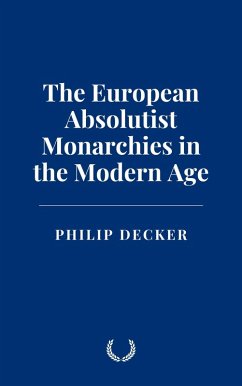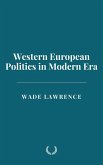Absolutism found its philosophical justification primarily in the theory of the "Divine Right of Kings," an idea that posited the monarch as God's chosen representative on earth. This theory, particularly influential in Catholic and Anglican monarchies, drew its roots from biblical scripture and was cemented by theological interpretations during the Reformation and Counter-Reformation eras. Jacques-Bénigne Bossuet, the 17th-century French bishop and theologian, remains one of the most renowned proponents of this doctrine. In his treatise Politics Drawn from the Very Words of Holy Scripture (1709), Bossuet argued that kings derived their authority from divine will, making rebellion not merely unlawful but sacrilegious. This framework provided ideological reinforcement to the reign of Louis XIV, who epitomized the absolutist monarch through his unrelenting centralization of power, suppression of noble autonomy, and symbolic embodiment of the state itself, captured in the oft-cited declaration, "L'état, c'est moi" ("I am the state").
Dieser Download kann aus rechtlichen Gründen nur mit Rechnungsadresse in A, B, CY, CZ, D, DK, EW, E, FIN, F, GR, H, IRL, I, LT, L, LR, M, NL, PL, P, R, S, SLO, SK ausgeliefert werden.









